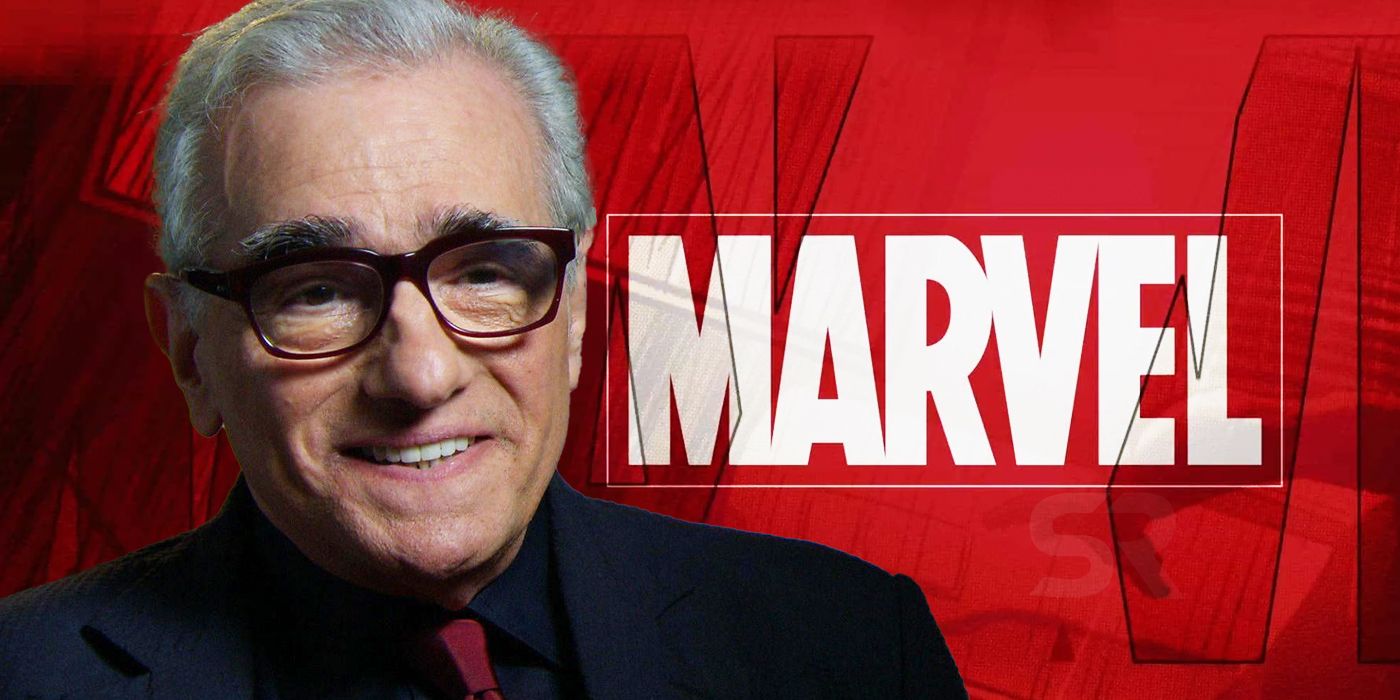Paul Schrader, who co-wrote Martin Scorsese‘s Raging Bull, disagrees with his old collaborator on whether Marvel movies are cinema. Schrader has screenwriting credits on some of Scorsese’s most acclaimed works, including Taxi Driver, Bringing Out the Dead, and The Last Temptation of Christ. He’s also an impressive director in his own right. Despite this storied resume, Schrader picked up his first Academy Award nomination for 2017’s First Reformed, which he both wrote and directed. His latest film, The Card Counter starring Oscar Isaac, releases wide on September 10.
Scorsese’s troubled history with the Marvel Cinematic Universe dates back to 2019 when he claimed in an interview that Marvel movies weren’t real cinema to him, comparing them instead to theme park rides. Scorsese’s comments set the internet ablaze, prompting him to write an op-ed in the New York Times clarifying his stance and other filmmakers to share their own opinions. Frances Ford Coppola, for example, agreed with him, while Guardians of the Galaxy director James Gunn recently labeled Scorsese’s comments cynical and suggested they were a way to attract press coverage. With new people periodically adding fuel to the flame, the Scorsese vs MCU debate seems unlikely to end any time soon—however thin a dispute it was in the first place.
Now, Schrader, in an interview with GQ, is the latest to offer his two cents. When asked point-blank if he shares Scorsese’s opinion, the Raging Bull screenwriter says no, Marvel movies are cinema. But so, according to him, is Keyboard Cat:
No, they are cinema. So is that cat video on YouTube, it’s cinema. It is kind of surprising that what we used to regard as adolescent entertainment, comic books for teenagers, has become the dominant genre economically. Each generation is informed, and informed by literature, or informed by theater, or informed by live television, or informed by film school. Now we have a generation that’s been informed by video games and manga. It’s not that the filmmakers have changed, it’s that the audiences have changed. And when the audiences don’t want serious movies, it’s very, very hard to make one. When they do, when they ask you, “What should I think about women’s lib, gay rights, racial situations, economic inequality?” and the audience is interested in hearing about these issues, well then you can make those movies. And we have. Particularly in the fifties, and sixties, and seventies, we’re making them one or two a week about social issues. And they were financially successful because audiences wanted them. Then something changed in the culture, the center dropped out. Those movies are still being made, but they’re not in the center of the conversation anymore.
Schrader continues his Marvel argument by explaining this center that supported cinema in the mid-20th century has dropped out “all across the board” in today’s culture, making “people retreat to the periphery.“ He suggests individuals have formed their own worlds, such as “Comic-Con world” or one based on any other form of interest or fandom, and “it’s very hard to bring those people together again.” In other words, social issue-driven movies that speak to a mass audience are harder to make today because audiences are so informed by the sub-culture of their own niche that there is hardly a shared center for filmmakers to target.
Despite officially coming out pro-Marvel-as-cinema, it seems unlikely fans of the MCU will add Schrader’s comments to the win column. Scorsese positioned superhero films against cinema-as-art because he believes those movies still exist and wants to champion them. Schrader concedes they are cinema as a way to lament the current state of affairs, arguing that serious movies like Raging Bull aren’t likely to ever come back into the mainstream. The two directors do disagree on Marvel movies, then, but not in the way those of “Comic-Con world” might have hoped for.
Source: GQ
Key Release Dates
- Eternals (2021)Release date: Nov 05, 2021
- Spider-Man: No Way Home (2021)Release date: Dec 17, 2021
- Doctor Strange in the Multiverse of Madness (2022)Release date: Mar 25, 2022
- Thor: Love and Thunder (2022)Release date: May 06, 2022
- Black Panther: Wakanda Forever/Black Panther 2 (2022)Release date: Jul 08, 2022
- The Marvels/Captain Marvel 2 (2022)Release date: Nov 11, 2022
- Ant-Man and the Wasp: Quantumania (2023)Release date: Feb 17, 2023
- Guardians of the Galaxy Vol. 3 (2023)Release date: May 05, 2023
About The Author
